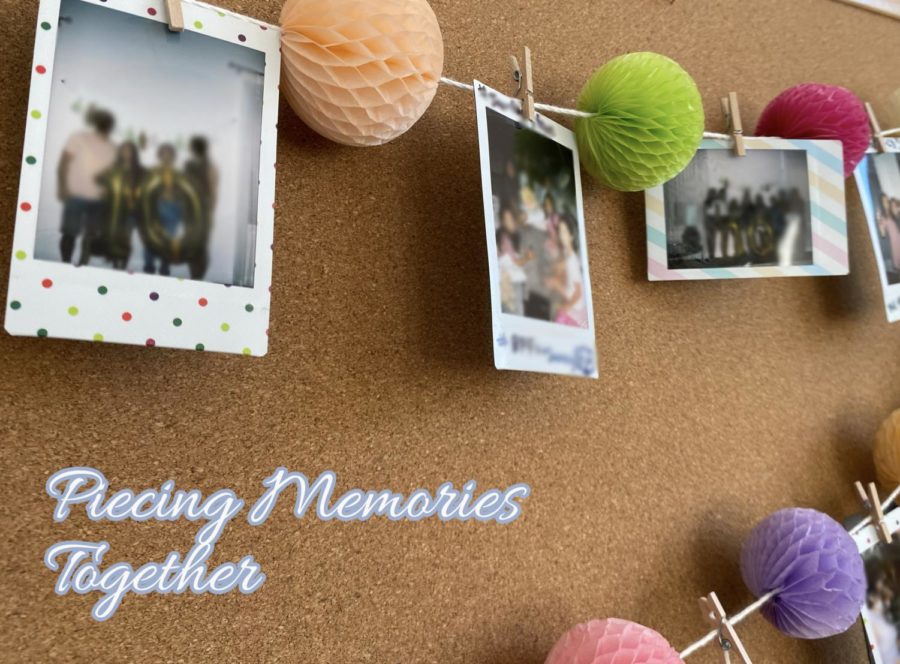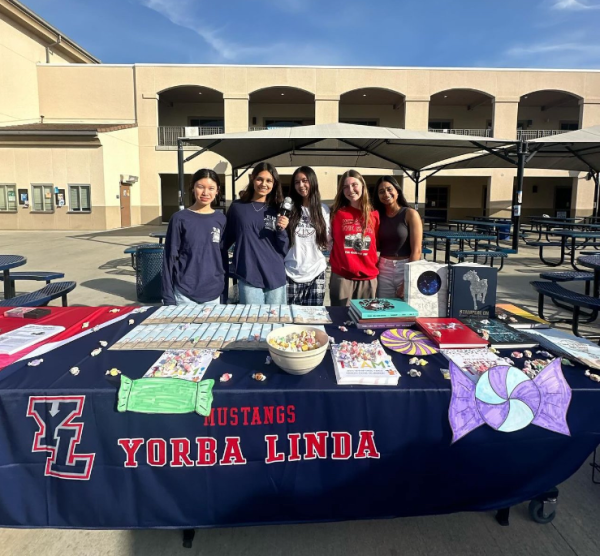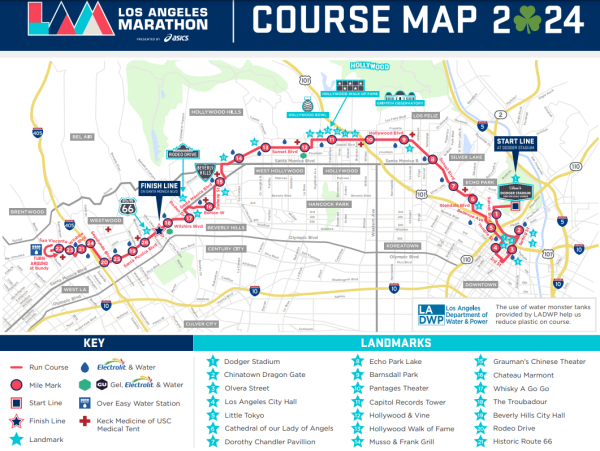Piecing Memories Together
A human makes an estimated amount of a quadrillion memories in their lifetime, and although they don’t last forever they can be held in a photograph.
November 21, 2022
Memories can be fickle. A moment seen through the eyes of one person may be seen differently through someone else’s. The process of making snapshots and videos of small or large instances in our lives is affected by our personal knowledge, opinions, and views. The unconscious mind creates memories without our awareness of it doing so and stores these pieces in the puzzle of our brains. With this in mind, what is truly real if there are so many different versions of our life?
Memory problems are a common occurrence that everyone is affected by. A few include suggestibility, transience, and bias. Suggestibility is the inclination to accept the beliefs or proposals of someone, whether they are right or wrong. When someone points out that another person’s memories are inaccurate or happened differently, this alters the memory and is a result of suggestibility.
Transience is when the course of time takes a toll on the ability to remember specific facts or events. This can have a negative effect on a student’s learning process since memorization is a significant part of school life. However, transience can be useful in the way that it helps to clear unused or unneeded memories.
Bias takes personal experiences, opinions, and general beliefs into account when looking back on past memories. How someone feels in a present moment can also change how they see a certain memory. This can be seen in political and controversial settings and frequently brings forth contrasting views.
Everyone has lost an item without knowing where it is or if someone misplaced it. The situation becomes an array of “Who took it?” or “Where did I last see it?” Many times, the object turns up where it is least expected. Instances such as these happen because of interference, a process in which memories compete and interfere with each other. Verywell Mind, a site with information regarding psychology and mental health, states that the two common types of interference are proactive interference and retroactive interference (Cherry 3).
…when we’re overloaded there are many different factors gathering our attention and focus, making it easy to forget small things.
— Desiree Parsons (Staff)
Proactive interference occurs when an old memory collides with new memories, making it difficult to remember the newly created ones. Retroactive interference is when “…new information interferes with [the] ability to remember previously learned information” (Cherry 3). Desiree Parsons (Staff), Yorba Linda High School’s psychologist, explains that “…when we’re overloaded there are many different factors gathering our attention and focus, making it easy to forget small things.”
Retrieving memories is an act that people undertake on a daily basis, whether it be remembering certain facts for a test or what they ate for breakfast the previous day. Saying something aloud is a common practice for making retrieval easier during tests, quizzes, or debates. Voicing what needs to be remembered causes the memory to be increasingly distinctive in the brain.
Pat Wren (Staff), a teacher at Yorba Linda High School, states that “We have to first understand information we are given and then store it in a part of our brains. The key is that we have to be able to retrieve it…and as people get older they have more information in their minds, making it harder to [do so].”
Although memories can be biased or untrue, they are an aspect of people that make us not just living creatures, but humans with the ability to grow as people and respond or react in unique ways. Without memory, our brains may be as functional and complex as a box. Some memories may be more painful than others, but they truly add to each of the individual mindsets that make us who we are.






















